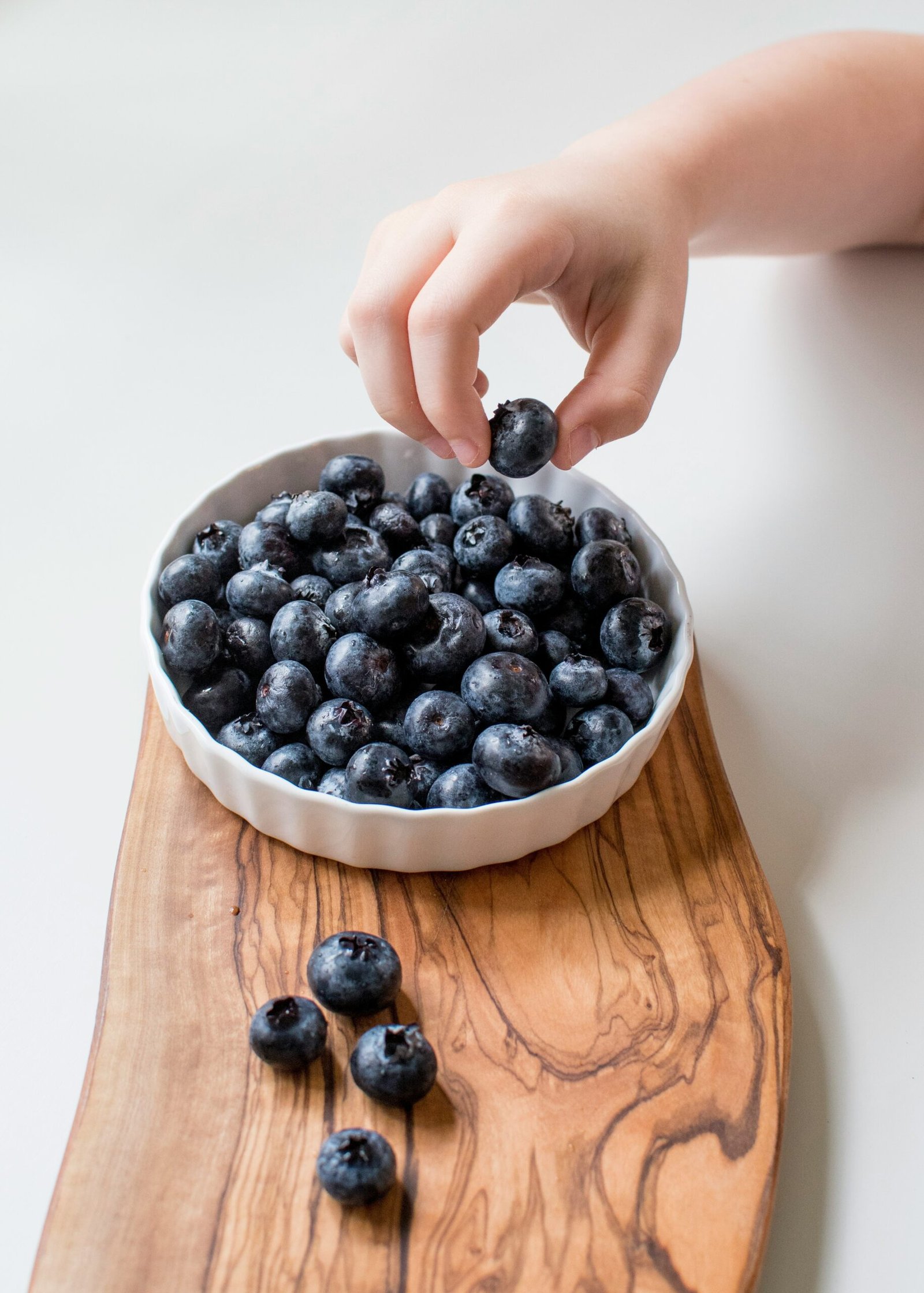Introduction to Superfoods
Superfoods are a unique category of nutrient-rich foods highly regarded for their exceptional health benefits. Distinguished by their high nutrient density, these foods offer a broad spectrum of essential vitamins, minerals, antioxidants, and phytochemicals that collectively enhance overall well-being. But what qualifies a food as ‘super’?
To be categorized as a superfood, an item typically boasts an abundance of nutrients per calorie, making it a superior choice for maintaining and improving health. Key components commonly found in superfoods include vitamins such as Vitamin C and E, minerals like calcium and magnesium, and significant amounts of antioxidants such as flavonoids and carotenoids. Additionally, they often contain phytochemicals, naturally occurring compounds in plants, which play a crucial role in preventing chronic diseases.
The benefits of these nutrients are multifaceted. For instance, antioxidants mitigate oxidative stress and combat inflammation, reducing the risk of chronic conditions like heart disease and cancer. Minerals like calcium and magnesium are essential for bone health and metabolic functions, while vitamins contribute to immune support and skin health.
As we explore these nutritional powerhouses further in this blog post, we will delve into specific superfoods that stand out for their remarkable health benefits. From the well-known kale and blueberries to the exotic goji berries and quinoa, the following sections will provide insight into how these foods can be seamlessly integrated into your diet for optimum health benefits.
Top 5 Superfoods for Boosting Immunity
Maintaining a robust immune system is essential for overall health, and incorporating certain superfoods can significantly enhance immune function. Here, we explore five superfoods renowned for their immune-boosting properties, supported by scientific research and expert opinions.
Blueberries
Blueberries are rich in antioxidants, particularly flavonoids, which have been shown to boost immunity. A study published in the Journal of Immunology found that flavonoids play a crucial role in the immune defense system by modulating the inflammation process and enhancing the function of immune cells. Blueberries are also packed with vitamins C and K, which contribute to immune health.
To incorporate blueberries into your daily diet, consider adding them to your morning cereal, yogurt, or smoothie. They can also serve as a healthy snack when eaten fresh or dried.
Spinach
Spinach is an excellent source of vitamins A and C, both of which are vital for immune function. Vitamin A helps regulate the immune system and protects against infections by keeping skin and tissues in the mouth, stomach, intestines, and respiratory system healthy. Vitamin C supports various cellular functions of the immune system and helps cultivate the ability of the body to fend off illness.
Spinach can be easily incorporated into a variety of dishes, such as salads, soups, and smoothies. Lightly steaming spinach can also enhance its nutrient availability without compromising its health benefits.
Garlic
Garlic has been used for centuries in traditional medicine for its potent medicinal properties. It contains compounds such as allicin, known for its antimicrobial and immune-boosting effects. Research published in the journal “Advanced Biomedical Research” indicates that garlic supplementation can enhance the body’s immune function by stimulating certain immune cells and inhibiting pathogen adhesion to host tissues.
Garlic can be added to savory dishes, sauces, and dressings. Consuming raw garlic, if tolerable, can also maximize its health benefits.
Almonds
Almonds are a great source of vitamin E, an antioxidant that is crucial for maintaining immune health. According to a study from the Tufts University, vitamin E helps in the production of antibodies that fight diseases and infections. In addition to vitamin E, almonds offer magnesium and fiber, further supporting overall health and well-being.
Include a handful of almonds in your daily diet as a snack or add them to oatmeal, salads, or baked goods.
Sweet Potatoes
Sweet potatoes are rich in beta-carotene, which the body converts into vitamin A – a vital nutrient for a healthy immune system. Vitamin A helps in the maintenance of the mucous membranes that line the respiratory and intestinal tracts, acting as a first barrier against pathogens. The Linus Pauling Institute also notes the importance of these compounds in immune regulation.
Sweet potatoes can be roasted, mashed, or baked. They make a nutritious addition to meals when served as a side dish or included in soups and stews.
Superfoods for Enhancing Brain Health
Certain superfoods have been scientifically proven to support cognitive function and overall brain health. Among these, fatty fish, turmeric, walnuts, and dark chocolate stand out for their remarkable contributions to memory, concentration, and mental clarity.
Fatty fish, such as salmon, mackerel, and sardines, are rich sources of omega-3 fatty acids. These essential fats, notably DHA and EPA, are critical for maintaining brain structure and function. Omega-3s have been linked to reduced age-related cognitive decline and a lower risk of dementia. To incorporate fatty fish into your diet, consider a smoked salmon salad, grilled mackerel with a squeeze of lemon, or sardines on whole-grain toast for a nutritious snack.
Turmeric is another potent superfood, primarily due to its high curcumin content. Curcumin is a strong antioxidant and anti-inflammatory compound that enhances the production of brain-derived neurotrophic factor (BDNF), a protein associated with improved neuronal growth and function. Research shows curcumin may help delay or reverse various neurodegenerative diseases. Incorporate turmeric into your meals by adding it to soups, golden lattes, or curries for a flavorful brain-boosting addition.
Walnuts are well-regarded for their brain-enhancing properties, with their unique profile of polyunsaturated fats, antioxidants, and vitamin E. Studies suggest that regular walnut consumption improves cognitive performance and neural communication. Enjoy walnuts by adding them to morning oatmeal, blending them into smoothies, or snacking on a handful for a satisfying crunch.
Lastly, dark chocolate is not only a delightful treat but also a powerful brain booster. Rich in flavonoids, caffeine, and antioxidants, dark chocolate enhances memory and learning. Flavonoids, in particular, encourage neurovascular connection and synaptic plasticity. For a healthy dessert, opt for dark chocolate with at least 70% cocoa content and enjoy it with fresh berries or as a topping on Greek yogurt.
By incorporating these superfoods into your diet, you can significantly support your cognitive health and enjoy a sharper, clearer mind. Exploring various recipes and snack combinations can make the inclusion of these brain-boosting foods both enjoyable and beneficial.
Superfoods for Enhancing Digestive Health
Maintaining optimal digestive health is pivotal for overall wellness, as it ensures that your body efficiently absorbs nutrients, maintains a robust immune system, and supports mental health. Certain superfoods are particularly beneficial for enhancing digestive health due to their rich nutrient profiles. Let’s delve into these superfoods and explore how they contribute to gut health, along with practical ways to incorporate them into your diet.
Firstly, Greek yogurt stands out as a powerful ally for gut health. It is teeming with probiotics—beneficial bacteria that help balance the gut microbiome, enhancing the efficiency of the digestive system. Regular consumption of Greek yogurt can reduce symptoms of digestive disorders, such as bloating and irritable bowel syndrome (IBS). An easy way to include Greek yogurt in your diet is by having it as a base for smoothies, or enjoying it with fresh fruits and a drizzle of honey for a nutritious breakfast or snack.
Chia seeds are another excellent superfood for digestion. These tiny seeds are rich in fiber, with just two tablespoons providing around 11 grams, which aids in promoting regular bowel movements and preventing constipation. Additionally, their high omega-3 fatty acid content helps reduce inflammation within the digestive tract. For a tasteful way to enjoy chia seeds, try making chia seed pudding by soaking the seeds in almond milk overnight, then topping with berries and nuts.
Fermented foods, like sauerkraut and kimchi, play a crucial role in digestive health. They are packed with probiotics, which bolster the population of friendly bacteria in the gut, improving digestive efficiency and nutrient absorption. Adding a small serving of sauerkraut or kimchi as a side dish to your meals can significantly benefit your gut. Alternatively, incorporate these fermented foods into salads or sandwiches for added flavor and health benefits.
Lastly, ginger is renowned for its digestive benefits. It contains bioactive compounds such as gingerol that aid in digestion and have anti-inflammatory properties. Ginger can ease nausea and enhance the passage of food through the digestive tract. To incorporate ginger into your diet, consider adding fresh ginger to your tea or smoothies, or using it as a flavorful addition to soups and stir-fries.
By including these superfoods in your daily diet, you can significantly enhance your digestive health and, consequently, your overall well-being. Each of these foods offers unique benefits and can be easily incorporated into a variety of tasty recipes, making them a practical and flavorful part of a balanced diet.



